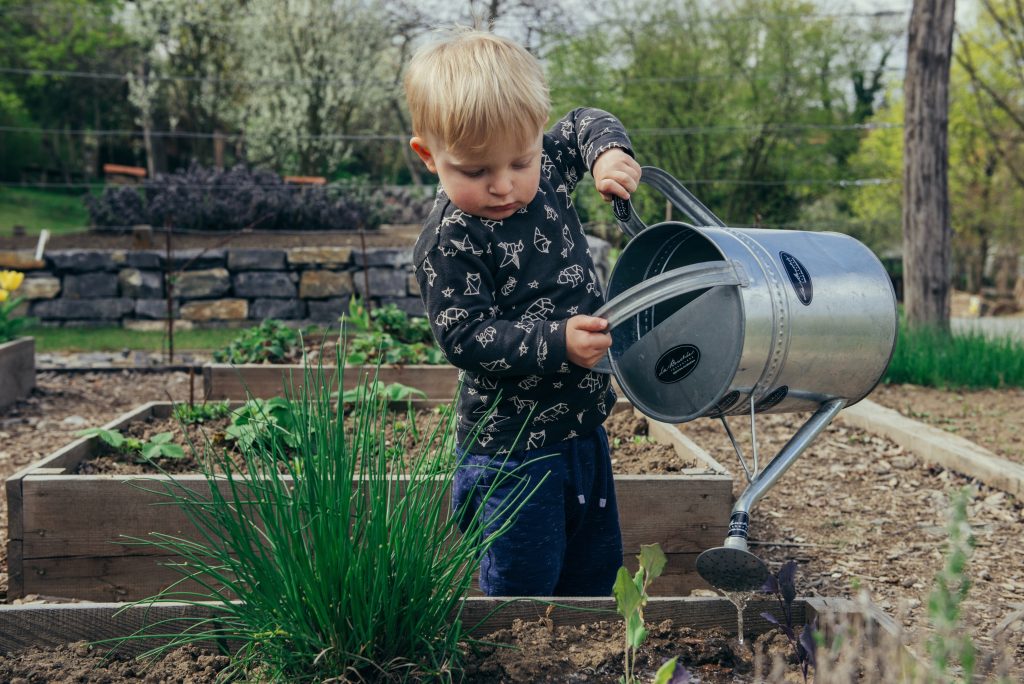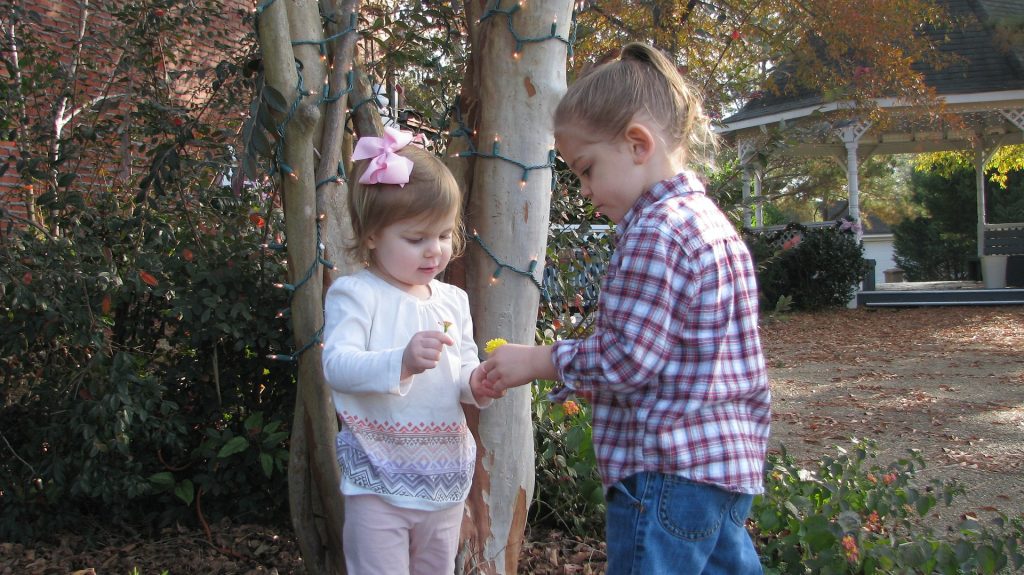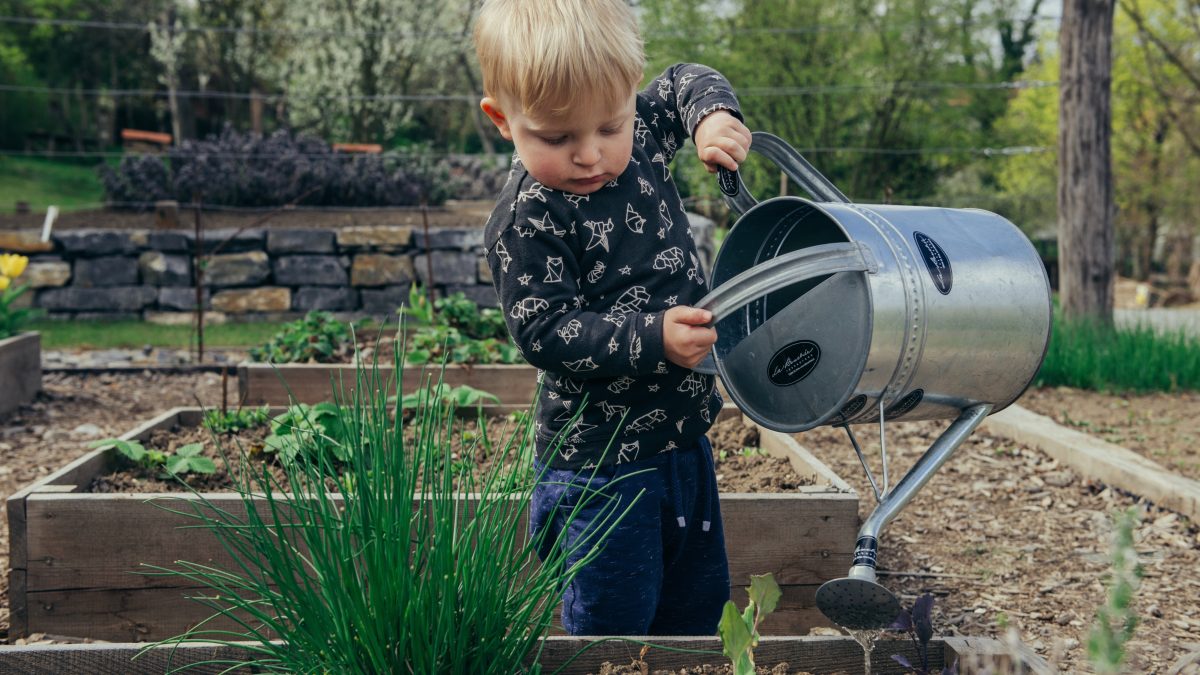Nature Enriches Speech and Language Skills In Kids
Literacy, communication, and language skills continue to be a main Early Years priority, with 10% of UK children having long-term speech, language, and communication needs (NHS England, 2020). Effects of the COVID pandemic are still evident, with pupils displaying delays in speech and language progress, states the article published in the Open Access Government portal.
Rachael Amin, Educational Copywriter at Pentagon Play, explains how to develop communication and language skills in the early years and beyond.

In the UK, the Government briefings state that practitioners report limited vocabulary, children lack the confidence to speak, babies struggle to respond to basic facial expressions, and some providers have commented that children speak with accents and voices similar to the o content they have watched.
No doubt, parents and caretakers are the very first responsible educators in the early stages of an infant’s development, and there are quite a few tricks and methods to turn these little, quiet thinkers into real-deal chatterboxes. Games, real-life, real-time, and space, especially outdoor games speed up and enrich these learning processes and boost the little ones’ confidence to speak up.
Natural outdoor environments can positively affect the quality of children’s speech, communication, and language skills. The outdoor environment changes daily, the weather, the seasons, and all kinds of unexpected events provoke curiosity daring kids to verbalize their experiences, thus building a rich vocabulary.
Experts strongly advocate that schools should seriously consider expanding their learning facilities with high-quality, lasting outdoor classrooms with sustainably sourced materials. Gazebos, canopies, timber classrooms, and grass lanes are much like most of the euPOLIS-proposed nature-based solutions which will be implemented in the designated demo sites.
Nonetheless, many studies have shown that exposure to microorganisms in the dirt somehow protects us from anxiety, depression, and post-traumatic stress disorder and that our increasingly sterile, urban environments are partly to blame for rising rates of stress-related diseases!

Integrative Physiology Professor Christopher Lowry has dedicated his career to exploring these once-controversial ideas, but nowadays more and more scientists and medical workers are tagging along with his hypotheses.
“It has already been very well documented that exposure to pets and rural environments during development is beneficial in terms of reducing the risk of asthma and allergies later in life,” said Lowry. “This study showed for the first time that these exposures are likely to be important for mental health.”
Knowing this and continuously aiming to improve the existing NBS, our local experts in Belgrade are now debating on the pros&cons of re-introducing small fauna species such as squirrels, hedgehogs, cranes, and others who are already native (the Great War Island on the Danube, just across our demo site is a resort for over 200 endangered bird species) in this area, but tend to shy away in front of tremendous overpopulation, and high-frequency traffic on the Danube quay.
In this case, the planned eco-edu hub would get another precious feature by being able to provide a holistic approach to nature, sensory-provoking, and tactile, with special emphasis on the responsibility of taking care of nature, empathy, and cohesion, especially for the youngest.
Of course, these would have to be colonized with extra care, having in mind also their well-being so that they are not brought to the site and left without care and protection.

